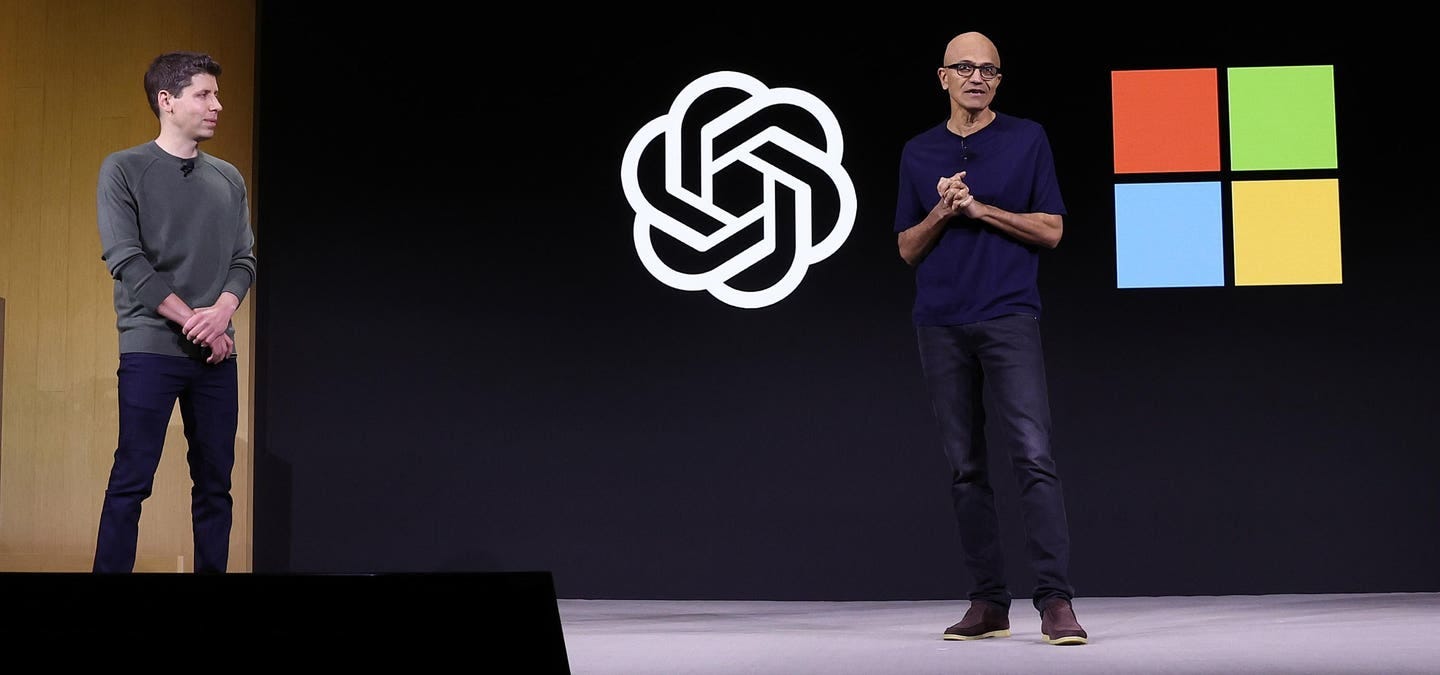Opinion: The Case for Open-Source Alternatives
I am being a killjoy and seeing the negative side of the release of GPT-4o
As someone fascinated by the recent advancements in AI, including OpenAI's GPT-4o release, I feel it is necessary to approach these developments with a critical eye. Here's my take on why we need to democratize AI and embrace open-source alternatives.
Understanding OpenAI's Motives
Despite its name, OpenAI is a for-profit1 data corporation backed by investors with financial expectations. Their decision to offer GPT-4o for free might seem generous, but it's a strategic move to gather valuable user data. By collecting and analyzing billions of chat interactions and personal information, they train closed-weight models, create personalized content, and sell this data to clients in both the private and public sectors. Their business model is designed to maximize profit, and their "open" branding is more of a marketing tactic than a reflection of their actual practices.
Twisting the facts on purpose
I believe that OpenAI's approach to releasing large language models is inherently contradictory to the concept of "openness." While they have developed impressive and competent LLMs, often leading the market, their decision to only grant access through their API or applications means that users are still dependent on a single corporation. This centralized control allows OpenAI to grant or restrict access at will and gives them access to user data. True openness would involve releasing the model weights so that anyone could run the models privately, without this dependency on a single entity. However, OpenAI is instead lobbying the US government to impose restrictions on the release of LLM weights, prioritizing their control and profit over actual openness and accessibility, and signing individual GPU instances that makes you allow run AI2.
The Dangers of Centralized Power
One of my primary concerns with corporations like OpenAI is their potential to centralize control over AI technology and influence policy decisions. OpenAI has strong ties with tech giants (MSFT), startups, and even government agencies3. This concentration of power can lead to market dominance, stifling competition and innovation. Their lobbying efforts to pass internet regulations under the guise of "AI safety" could result in increased surveillance and invading end users’ privacy (like signing GPUs)
The Benefits of Democratizing AI
I strongly believe that democratizing AI development through open-source alternatives is the solution to addressing these challenges. Open-source AI models are transparent and accessible, with their source code/model weights publicly available for anyone to scrutinize, improve, and adapt. This approach fosters a diverse and decentralized AI ecosystem, empowering individuals and smaller organizations to contribute and benefit from this technology. One additional thought is very important to say out loud:
It is frustrating to see that, while creators of open-source models like Meta/Cohere do not try to restrict or hold back closed models, the opposite is unfortunately true.
Open-source AI development has numerous advantages. Firstly, it promotes competition and innovation by lowering barriers to entry and enabling a wider range of players to participate. This diversity of perspectives and talents drives faster progress and more equitable outcomes. Secondly, it addresses concerns about bias, privacy, and ethics by allowing for collaborative improvement and ensuring that AI technology serves the public good. Lastly, it aligns with the original vision of an open and decentralized internet, where power is distributed rather than concentrated in the hands of a few corporations.


